In the series hospitality influencers, we provide insights into the future of hospitality through interviews with inspiring individuals actively shaping the industry. These thought leaders share their stories and provide industry perspectives, challenges, opportunities, and innovations. Join us in exploring the future of hospitality.
In this interview, we’ll be talking with Uli Pillau. Pillau founded Apaleo, the world’s first API-driven property management platform for the hotel industry, based upon an API-first architecture. This has created a full development hub for the industry as a whole.

Can you tell us a bit about yourself?
I’m a start-up entrepreneur with various passions in both my private and professional life. A lot of my time is spent with friends and family. I love to travel toward destinations, both known and unknown.
I like music, culture, and books. And I enjoy all kinds of sports. Skiing, marathons, chess, and triathlons are only a few of the competitive pursuits I’m especially passionate about. Regarding the professional side of my life, I’ve always been keen to start new things.
The combination of hospitality, hotels, travel, technology, start-ups, and people has driven me in that respect for all these years.
What was your first job in the hospitality industry?
I initially started as a hotelier doing an apprenticeship at the Intercontinental Hotel Berlin. At that time, it was the flagship IHG hotel in Europe. Alongside it, I finished a hotel school. After spending a few years with IHG, Hilton, and Mövenpick, I switched sides and entered hospitality technology. At that point, I joined a Munich-based start-up called Fidelio Software. That start-up would later become Micros Fidelio and is now part of Oracle.
What triggered you to start your company?
I’ve always been into using new technology in the hospitality world. I worked on some of the industry-first big projects like a PC-based PMS (Fidelio), the most successful scientific revenue management for hotels (IDeaS), and one of the first native cloud PMS for hotel groups (Hetras).
Apaleo emerged as the next logical step in PMS development. Together with co-founders and friends, we created the first API-driven PMS platform for the hotel industry based upon an API-first architecture. We realized that traditional systems stifle innovation with their rigid architecture, proving both cumbersome and costly for hotel owners to upgrade.
What is the story behind your company?
The idea was to create a platform that wasn’t just a solution for today but a foundation for tomorrow’s growth. Something that could serve to foster innovation for an entire industry. We started with a deep understanding of hoteliers’ pain points and the potential of API-first architecture. Apaleo was born from the belief that technology should be an enabler, not a constraint.
What does your company solve?
Apaleo addresses a core challenge in the hospitality industry – the need for a property management system that dynamically “grows with you” and is as adaptable as the businesses it serves. Apaleo is a property management platform you won’t need to change again. Hoteliers can scale confidently, assured by the knowledge that their property management platform is a robust partner in their growth journey.
Customization happens via well-connected apps from our Apaleo store, innovative new ideas are being invented, and even lots of bespoke developments by our clients and external programmers or software companies. We’re also proud that many of the new ideas being implemented take place first or even only on the Apaleo Platform.
What challenges did you face while developing and launching your technology? How did you overcome them?
Hoteliers can often stick with older legacy systems even if those implementations aren’t really serving their needs anymore. This can happen for various reasons, but the most common is simply that they’re often worried about what could go wrong if they switch to something new. This fear of a complicated transition process is a significant element of status quo bias.
We made the migration process to Apaleo as seamless and straightforward as possible. Additionally, we aimed to minimize any perceived hurdles and demonstrate our commitment to our customer’s success. Some of the ways we accomplished that include offering ongoing support, step-by-step guidance, and robust training materials.
Who were the people that have been the most helpful in getting you to where you are today? How did they impact your life and your success?
Apaleo’s development has always been the result of a significant collaborative effort. After all, it’s a genuine platform. One that adopts an API-first approach that goes beyond any other traditional property management system. Developing a platform like that is a huge endeavor that requires a collective effort.
Friends, family, co-founders, consultants, and experienced professionals from both inside and outside the hotel industry all played a part. The success of Apaleo today is truly a result of teamwork and could not have been achieved by just two or three founders.
The hospitality industry is all about people. Over the years, as I focused on technology in this field, I’ve met thousands of great individuals. What’s more, I’ve even become friends with many of them. The path to success is seldom one that you walk all by yourself.
I’ve learned so much from various individuals, and I deeply value their contributions to my life and career. You also learn a lot from your previous mistakes. And every company helped us avoid making the same mistakes again – and there were many of them!
How do you balance the traditional touchpoints of hospitality with technology?
Balancing traditional hospitality with modern technology is like mixing the best of the old with the new. It’s about using the new technologies to enhance, not replace, the personal touches that make guests feel special. Our recommendation is to use technology to handle routine tasks.
This allows hotel staff to have more time for one-on-one interactions with guests. We listen to what both the staff and the guests have to say about their tech experiences. Likewise, we make changes to keep the human touch alive. Our goal in developing new technologies has always been to create the greatest hotel guest experiences. And to do so by using the most advanced tools on the market.
How do you stay up-to-date with the latest trends and advancements in the hospitality industry and technology? How do you incorporate them into your product roadmap?
I stay informed about the latest trends and advancements in the hospitality industry through a mix of daily news, magazines, podcasts, and hospitality updates, both online and offline. However, the most valuable insights come from the people I meet. My frequent travels allow me to connect with experts from hotel and technology firms. These conversations are crucial as they help me understand key trends and upcoming market developments.
How will technology change the hospitality industry over the next five to ten years? Where do you see your company fitting into that future?
The hospitality industry will transform significantly over the next five to ten years. These changes will be largely driven by technology. Staffing issues have become a major struggle for the hospitality industry. Hotels simply don’t have enough staff, and the problem will not disappear soon.
The future is about using technology to help staff in the hospitality industry do their jobs better, not just replace them. Think of it like giving each hotel worker a super-tool that helps them know what you need before you even have to ask.
Apaleo is this super-tool, the enabler of this transformation. Our platform’s API-first, flexible, architecture allows for seamless and cost-free integration of various technologies. These technologies range from AI-driven analytics to IoT devices. All of these enhance both staff capabilities and guest experiences.
Additionally, Apaleo is a development hub for start-ups, programmers, and hotel groups. All of whom can use it to innovate and create new apps and modules. These are the tools that advance the next wave of hotel technology.

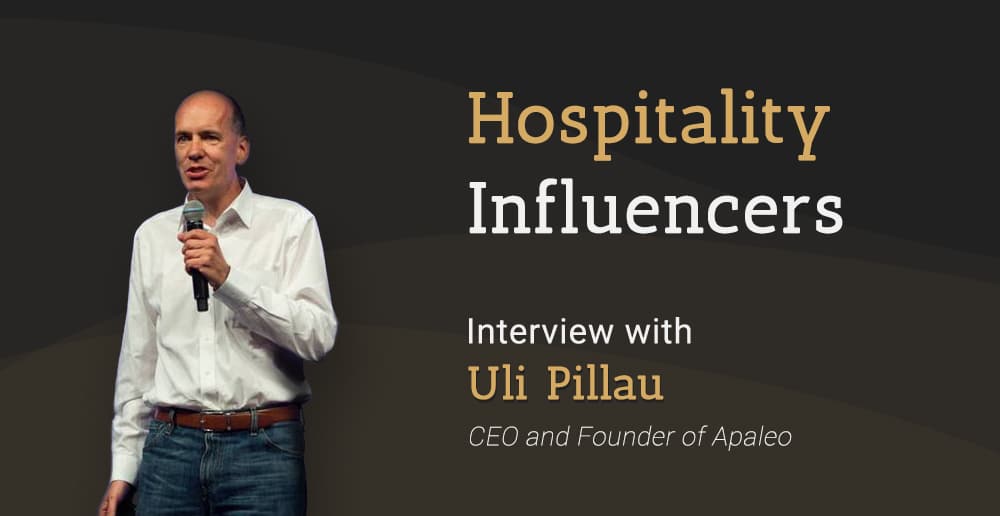
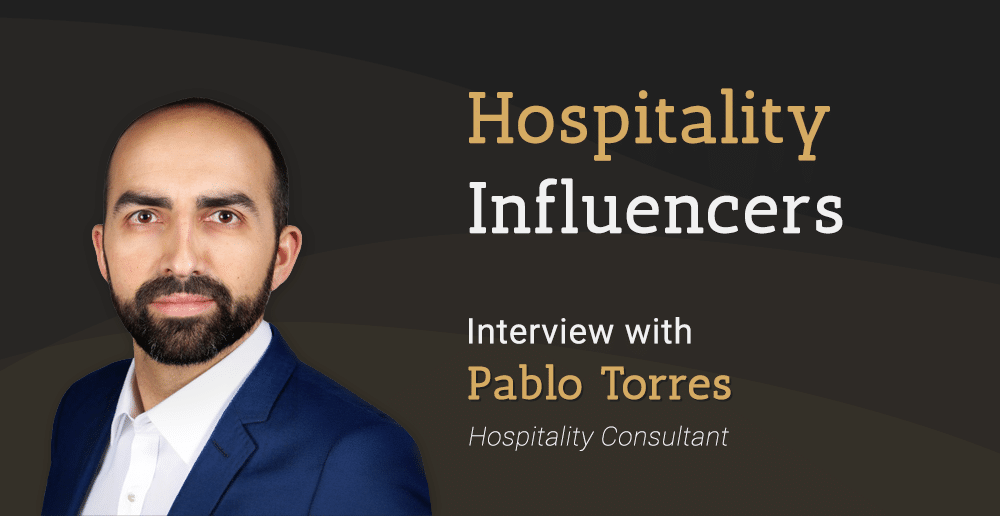
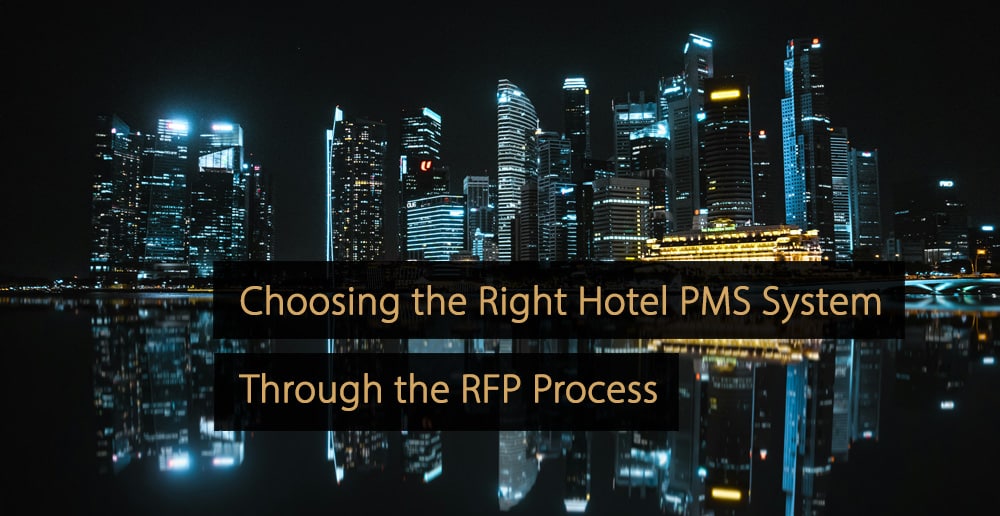

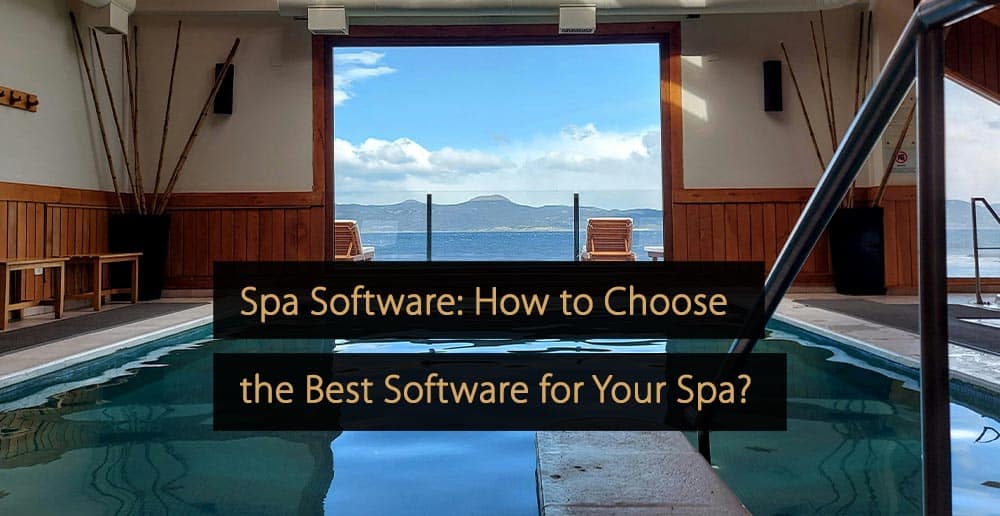
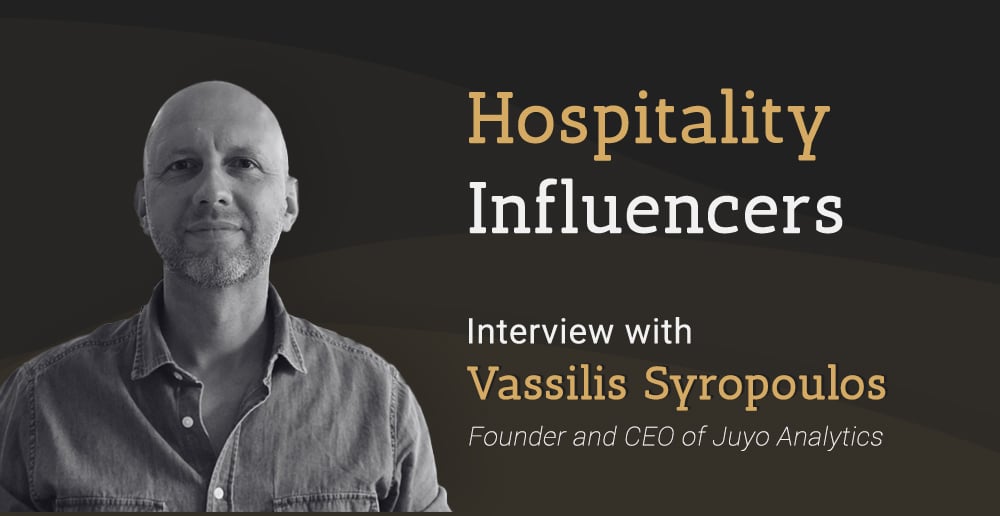
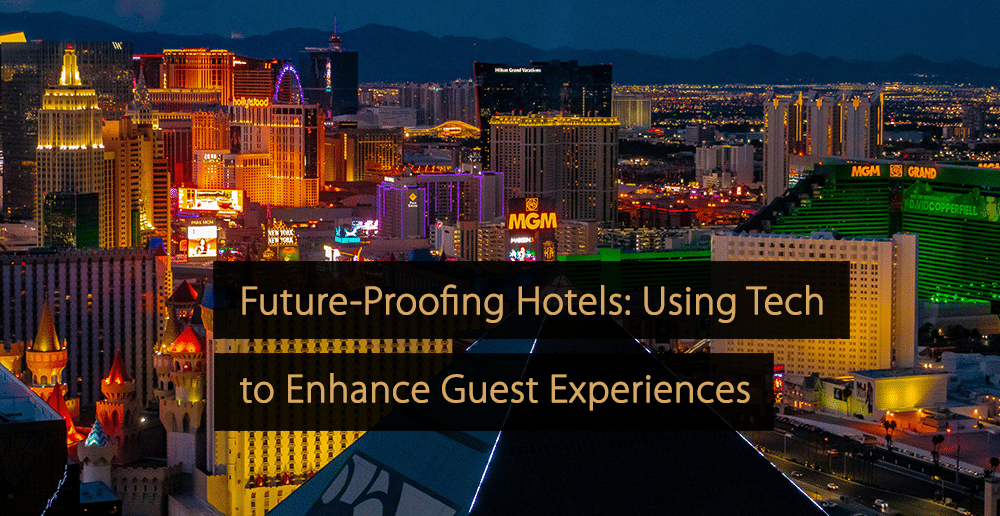
Leave A Comment